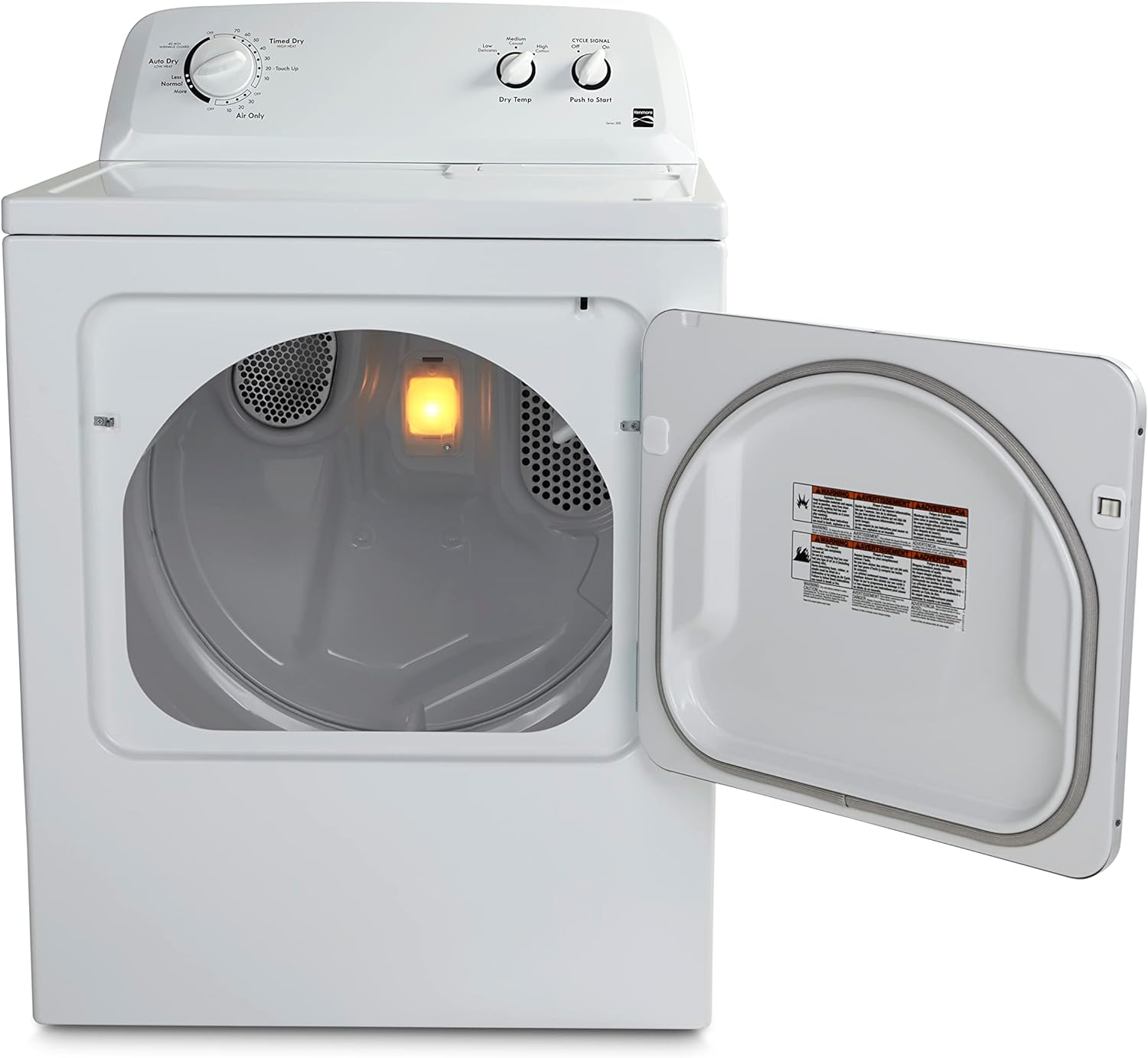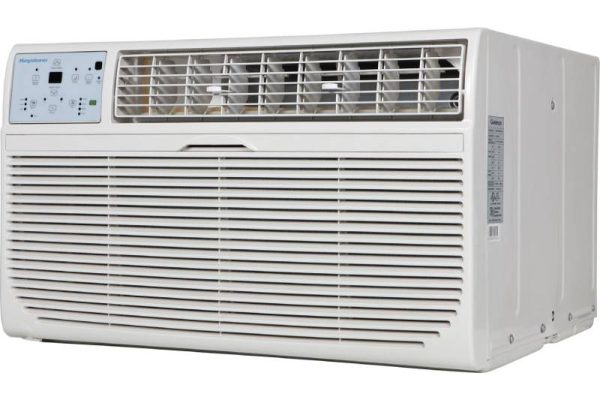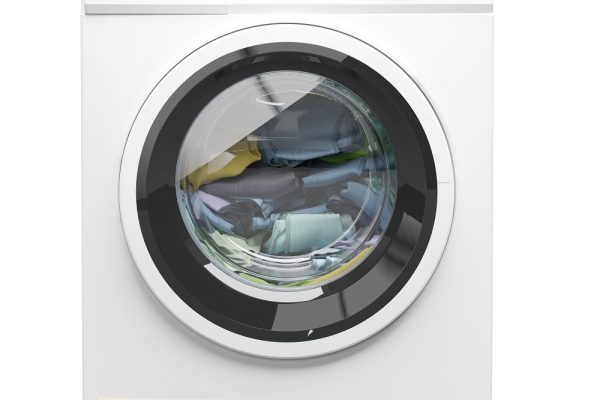Introduction:
Choosing between a gas or electric dryer involves considering various factors such as cost, efficiency, performance, installation requirements, and environmental impact. Each type has its own advantages and drawbacks, making the decision sometimes challenging. This comprehensive guide will help you understand the differences between gas and electric dryers, enabling you to make an informed choice that suits your needs and preferences.
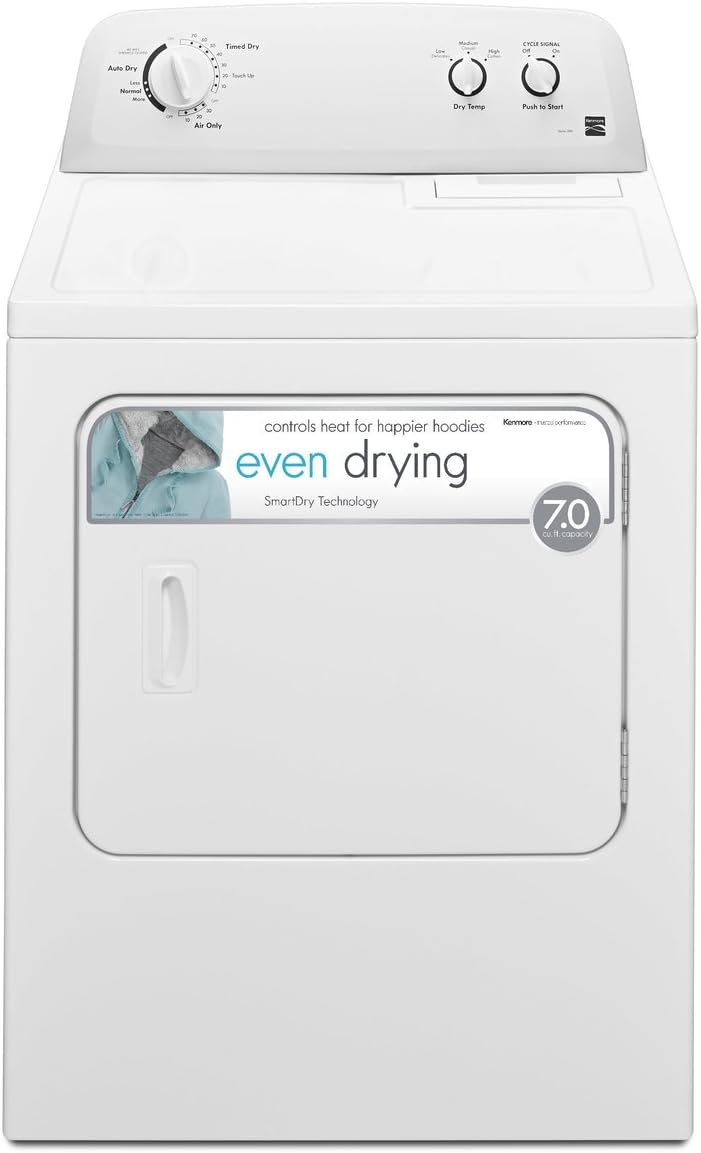
Is a Gas or Electric Dryer Better:
Which One Should You Choose?
Understanding How They Work:
What Are the Basics of Gas and Electric Dryers?
Before diving into a comparison, it’s essential to understand the basic mechanics of how gas and electric dryers operate.
Gas Dryers:
Mechanism: Gas dryers use natural gas or propane as their heat source. The gas is ignited in a burner, generating heat that is then circulated through the drum by a blower or fan. The heat dries the clothes as the drum tumbles them gently.
Electrical Components: Though they use gas for heating, gas dryers also require electricity to power the drum, controls, and blower. Typically, they use a standard 120-volt outlet for this purpose.
Venting: Gas dryers must be vented to the outside to expel the combustion gases safely. This requirement makes installation slightly more complicated but ensures efficient operation and safety.
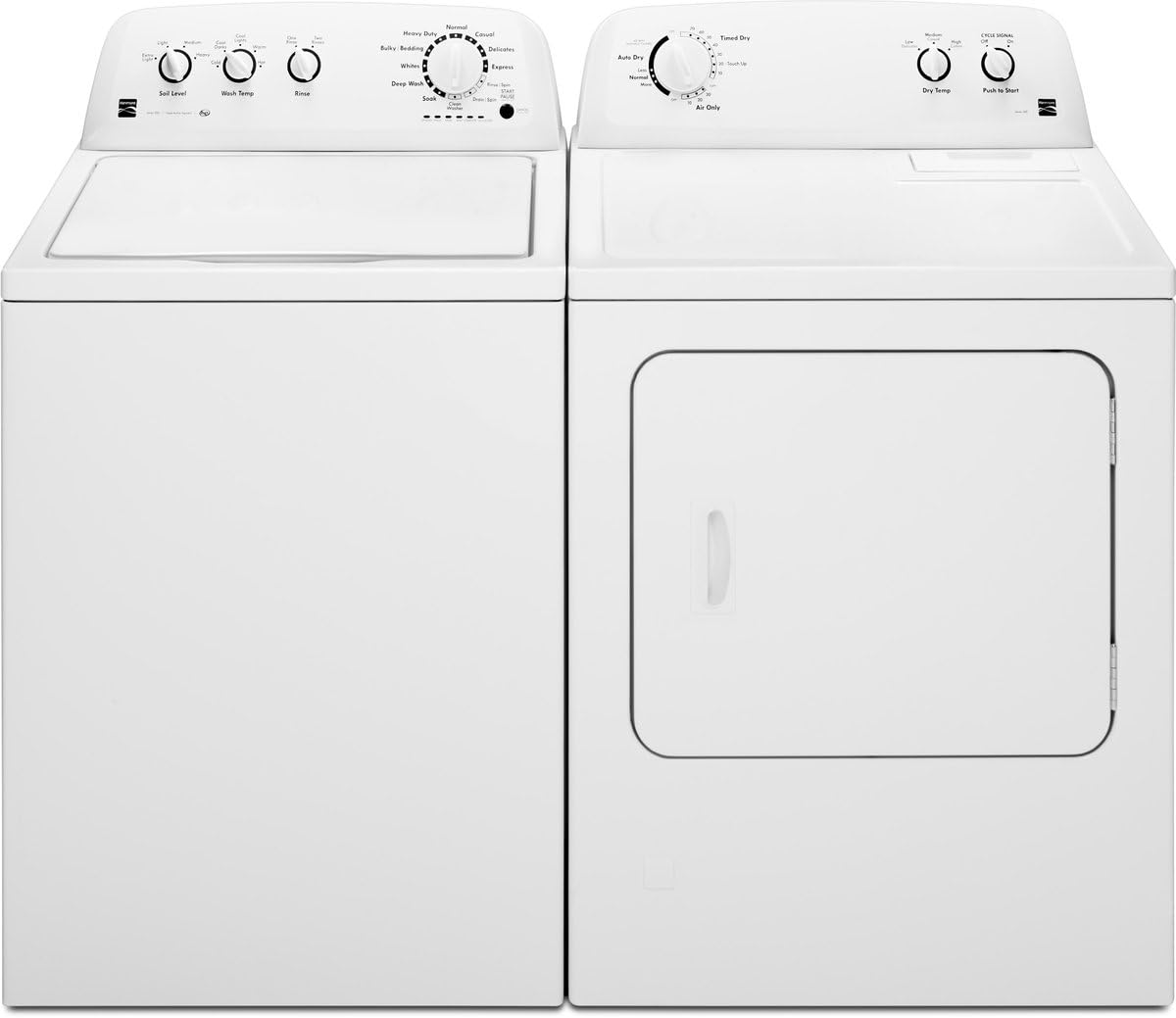
Electric Dryers:
Mechanism: Electric dryers heat air using electric heating elements, which then blow the hot air into the drum where the clothes are. The drum tumbles the clothes, circulating the heated air and evaporating the moisture.
Electrical Requirements: Electric dryers require a 240-volt outlet to power both the heating elements and the drum motor. This high voltage is necessary to generate sufficient heat for drying.
Venting: Electric dryers also need proper ventilation to remove the moist air from the drying process. However, some models are ventless, using condenser or heat pump technology to dry clothes without requiring external venting.
Operational Costs: How Do Gas and Electric Dryers Compare in Terms of Costs?
Cost is a significant factor when choosing between a gas and electric dryer. Consider both the initial purchase price and ongoing operational expenses.
Initial Purchase Price:
Gas Dryers: Generally, gas dryers are more expensive upfront compared to their electric counterparts. This higher cost reflects the additional components required for gas ignition and safety.
Electric Dryers: Electric dryers usually have a lower purchase price. Their simpler design and fewer components make them more affordable initially.
Installation Costs:
Gas Dryers: Installing a gas dryer can be costlier due to the need for a gas line and proper venting. If your home doesn’t already have a gas hookup or venting, these installation requirements can add to the initial expense.
Electric Dryers: Installation for electric dryers is generally simpler and less expensive, especially if your home already has a suitable 240-volt outlet. Venting is still required, but it’s less complex than gas venting.

Ongoing Operational Costs:
Gas Dryers: While gas dryers cost more upfront, they are generally cheaper to operate. Natural gas is often less expensive than electricity, leading to lower utility bills over time.
Electric Dryers: Electric dryers tend to have higher operational costs due to the price of electricity. However, this cost can vary depending on local electricity rates and the efficiency of the dryer model.
Drying Performance:
How Do Gas and Electric Dryers Compare in Terms of Efficiency and Drying Time?
The efficiency and performance of a dryer significantly influence your overall satisfaction.
Drying Speed:
Gas Dryers: Gas dryers typically heat up faster and maintain a more consistent temperature, resulting in shorter drying times. This efficiency can be a significant advantage for households that do frequent laundry loads.
Electric Dryers: Electric dryers may take longer to reach optimal drying temperatures and can have less consistent heat output. This variability can lead to slightly longer drying times compared to gas dryers.
Energy Efficiency:
Gas Dryers: Gas dryers are often more energy-efficient due to their faster drying times and the lower cost of natural gas. They use less electricity overall, which can contribute to their energy efficiency.
Electric Dryers: Electric dryers can be less energy-efficient due to longer drying cycles. However, some models, especially those with Energy Star certification, incorporate advanced technologies to improve efficiency.
Clothing Care:
Gentle Drying: Both gas and electric dryers have cycles specially designed to be gentle on clothes, reducing wear and tear. Modern dryers include moisture sensors that help prevent over-drying, preserving the fabric’s integrity.
Consistent Results: Gas dryers’ ability to maintain consistent heat can provide more uniform drying results, while high-end electric dryers can achieve similar outcomes with advanced heat management systems.
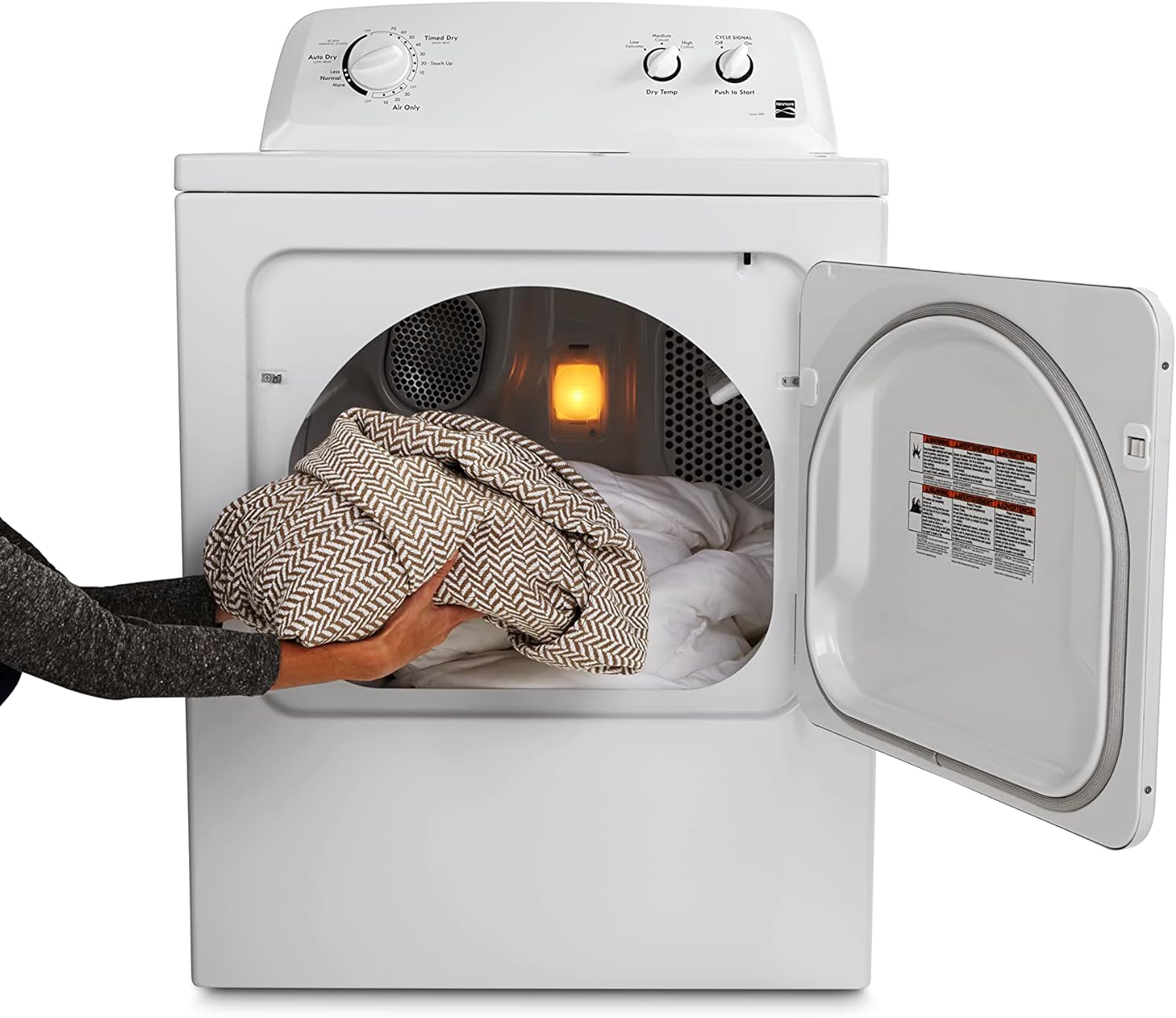
Convenience and Features:
What Additional Features Might Influence Your Decision?
Dryer features can significantly impact convenience and the overall drying experience.
Advanced Drying Technology:
Moisture Sensors: Many modern dryers, both gas and electric, include moisture sensors that automatically adjust the drying time based on the moisture level of the load. This feature enhances efficiency and protects clothes from damage caused by over-drying.
Specialty Cycles: Look for dryers with specialty cycles tailored for different fabric types and laundry needs, such as delicates, heavy-duty, and steam refresh cycles. These cycles optimize drying performance and convenience.
Smart Features:
Wi-Fi Connectivity: Some dryers come with Wi-Fi connectivity, allowing you to control and monitor your dryer from a smartphone app. Receive alerts when your laundry is done, start or stop cycles remotely, and troubleshoot issues with ease.
Voice Control: Integration with smart home systems, such as Amazon Alexa or Google Assistant, offers added convenience. You can use voice commands to control dryer functions, enhancing the user experience.
Safety Features:
Automatic Shut-Off: Both gas and electric dryers often include automatic shut-off features that turn off the dryer when the desired dryness level is reached or if an overheating issue is detected, ensuring safety and energy savings.
Child Lock: A child lock feature prevents accidental changes to the dryer’s settings, providing peace of mind for households with young children.
Cost Over Time:
How Do Long-Term Costs Compare Between Gas and Electric Dryers?
Consider the long-term financial implications of both gas and electric dryers, including operational costs and potential savings.
Utility Bills:
Gas Dryers: Due to the lower cost of natural gas, gas dryers typically result in lower utility bills compared to electric dryers. This advantage becomes more significant with frequent use.
Electric Dryers: While electric dryers may have higher operational costs, advancements in efficiency and energy-saving features can help mitigate these expenses over time.
Maintenance and Repairs:
Gas Dryers: Gas dryers may require more frequent maintenance to ensure safe and efficient operation, such as checking gas connections and venting systems. However, their robust performance can lead to fewer repairs in some cases.
Electric Dryers: Electric dryers generally have simpler maintenance needs but might require periodic replacement of heating elements or other specific components.
Longevity:
Durability: Both gas and electric dryers are built to last and have comparable lifespans when properly maintained. Brand reputation and model quality can play significant roles in longevity, so researching reviews and consumer reports is advisable.
Warranty and Support: Consider the warranty and customer support services offered by the manufacturer. Good warranty coverage can protect your investment and ensure long-term satisfaction with your dryer.

Installation and Space Requirements:
What Should You Know About Setting Up a Gas or Electric Dryer?
Installation requirements and space considerations are critical factors in deciding between a gas and electric dryer.
Space and Location:
Laundry Room Setup: Ensure your laundry room accommodates the dryer’s size and ventilation needs. Measure the available space and compare it with the dryer’s dimensions, including clearance for ventilation.
Accessibility: Consider the location of gas and electrical connections. For gas dryers, proximity to a gas line is essential, while electric dryers need to be near a 240-volt outlet.
Ventilation:
Proper Venting: Both gas and electric dryers require adequate venting to expel moist air. Ensure the venting system is properly installed and maintained to prevent performance issues and hazards like lint buildup.
Ventless Options: If venting is challenging (e.g., in apartments or condos), consider ventless electric dryers like condenser or heat pump models. These options require less installation effort and provide greater flexibility in placement.
Conclusion
Choosing between a gas and electric dryer depends on various factors, including cost, efficiency, drying performance, convenience, environmental impact, long-term costs, and installation requirements. Gas dryers tend to offer faster drying times and lower operational costs, making them a great choice for frequent users or larger households. Electric dryers, being generally more affordable upfront and easier to install, can be ideal for those with existing electrical connections or venting limitations. By considering the specific needs of your household and evaluating the pros and cons of each type, you can make an informed decision that ensures reliable performance and satisfaction with your choice of dryer. Whether you prioritize cost efficiency, drying speed, or environmental sustainability, understanding the distinctions between gas and electric dryers will guide you to the best option for your home.
